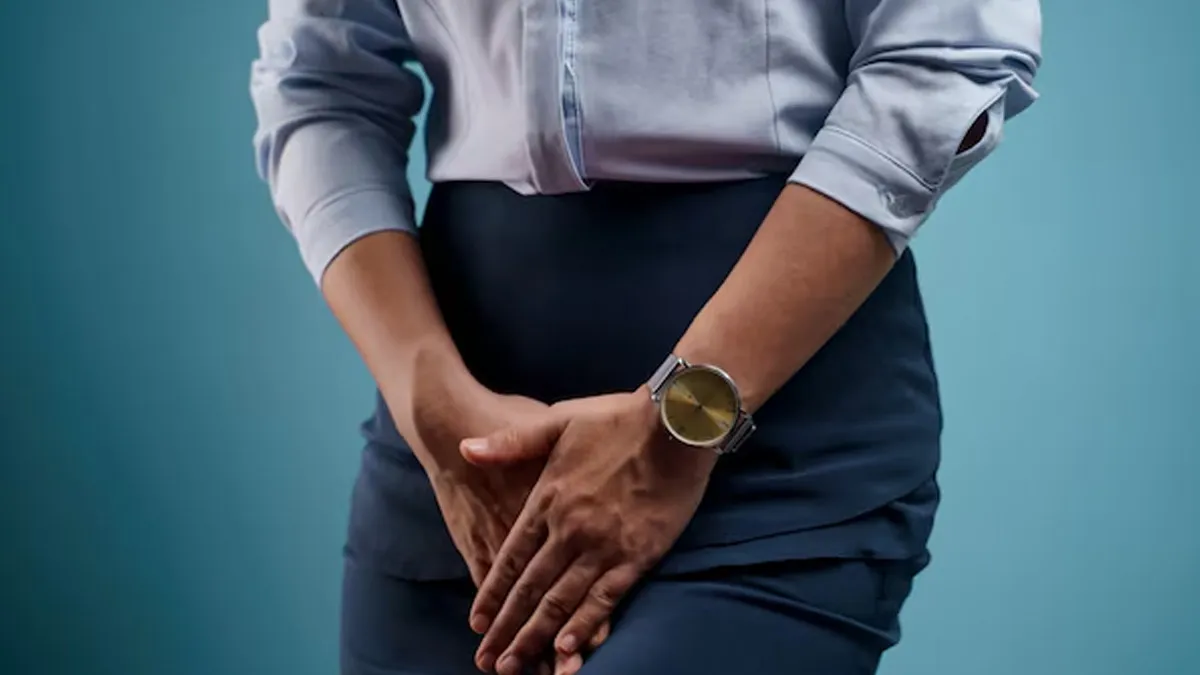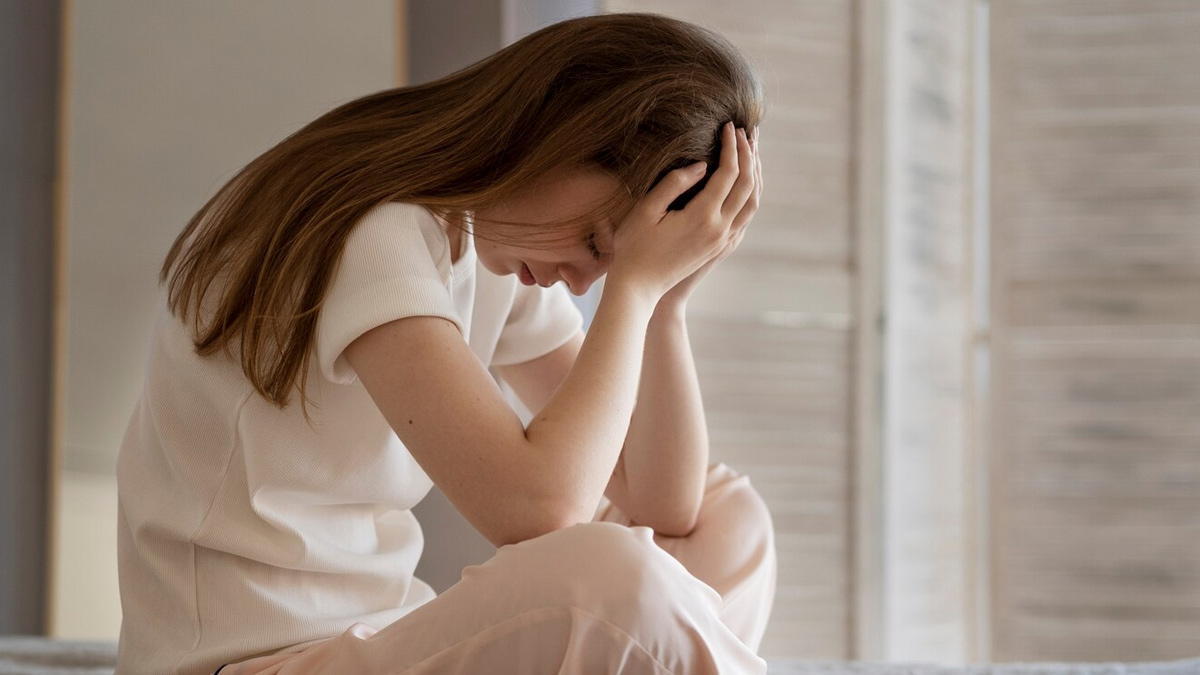
For most women, vaginal pain is a silent battle, usually ignored, misdiagnosed, or misunderstood. One such neglected condition is vulvodynia, a chronic pain syndrome that occurs in the vulva, rendering everyday activities and intimacy unbearable. It causes persistent burning, itching, or discomfort without an apparent cause or cure. Though it affects millions, vulvodynia is still surrounded by stigma, and many suffer in silence.
Table of Content:-
We spoke to Dr Sowmya KN, Consultant Obstetrician and Gynaecologist, Gleneagles BGS Hospital, Kengeri, Bengaluru, who shed light on this invisible yet life-altering condition.
Vulvodynia: Symptoms and Classification

"Vulvodynia presents as chronic pain localised on the vulva but symptoms vary considerably across individuals. While some women have ongoing pain, others only feel it under pressure or on touch," said Dr Sowmya. Since it affects all areas of life, the condition particularly impacts daily activities, close relationships, and general mental health.
According to a 2023 study, vulvodynia affects approximately 8-16% of individuals with a vulva, negatively impacting their quality of life and psychological health. This chronic condition can lead to depression, anxiety, and diminished overall well-being.
Delayed diagnosis and inadequate treatment can lead to persistent suffering, sometimes resulting in despair. Usually, diagnosis is based on exclusion, as vulvodynia cannot be verified with any specific test. "If all diagnostic tests exclude infections, dermatological problems, or other pathogenic causes, a diagnosis of vulvodynia is made. Sometimes, the lack of properly defined diagnostic criteria results in misdiagnosis, which aggravates women's problems in receiving appropriate therapy," highlighted Dr Sowmya.
Also Read: Vaginal Pain During Pregnancy: Doctor Differentiates Between Normal and Abnormal Pain
Potential Risk Factors and Reason Behind Them
Though the exact cause of vulvodynia is yet unknown, here are some factors shared by the experts that are believed to be involved:

- Chronic nerve damage or hypersensitivity to pain signals
- Increased sensitivity to inflammation; prior vaginal infections altering pain perception
- Normal biological reaction to injury
- Pelvic floor muscle spasms
- Psychological aspects include stress and anxiety
These components highlight the complex nature of the condition and the need for a multidisciplinary approach for effective treatment.
How Is Vulvodynia Treated
The treatment of vulvodynia has evolved over the years. Although tricyclic antidepressants were originally advised, their effectiveness is debatable today. Modern therapeutic approaches focus on a combination of treatments suited to the individual needs of the patient. Here are some treatment measures that are generally followed:

- Pelvic floor physical therapy helps to relax the vaginal muscles and hence relieve spasms.
- The emotional impact of ongoing pain, anxiety, and stress management is improved by Cognitive Behavioral Therapy (CBT).
- Local anaesthetics, oestrogen creams, or stabilising medications on nerves can help manage symptoms.
- Botox injections relax tight pelvic floor muscles, minimising pain and discomfort.
- Alternative therapies targeting pain circuits, such as acupuncture and nerve blocks, may also help alleviate symptoms and provide relief.
- Anti-inflammatory medications reduce localised inflammation and pain sensation.
- Offering almost half of patients excellent relief, vestibulectomy is a last choice in difficult circumstances.
Vulvodynia: Psychological Damage
"Apart from physical problems, vulvodynia adds a huge psychological weight. Women usually fight emotional anguish, sadness, and destroyed relationships because of their ongoing pain and intimacy problems," said Dr Sowmya. The stigma surrounding vaginal health discourages open discussion and early medical care. Early diagnosis and increased awareness can help patients significantly enhance their quality of life.
Also Read: What Are Padsicles And How They Ease Postpartum Vaginal Pain
Speaking Out Against Silence
Vulvodynia is a condition that needs more attention and understanding. Women experiencing continuous vulvar pain should not hesitate to see a doctor. A combined medical, psychological, and lifestyle intervention approach can result in an effective management of symptoms.
Bottomline
Dr Sowmya concluded, "By breaking the silence around vulvodynia, doctors will be able to provide women with education, treatment options, and the tools they need to handle this challenging condition. Dealing with the psychological and physical aspects will help those affected by this invisible but incapacitating illness lead better lives."
[Disclaimer: This article contains information provided by an expert and is for informational purposes only. Hence, we advise you to consult your professional if you are dealing with any health issue to avoid complications.]
Also watch this video
How we keep this article up to date:
We work with experts and keep a close eye on the latest in health and wellness. Whenever there is a new research or helpful information, we update our articles with accurate and useful advice.
Current Version
